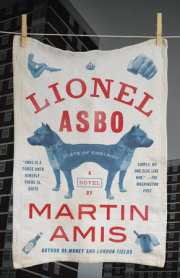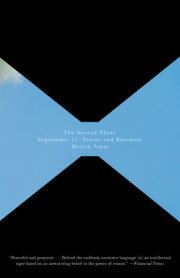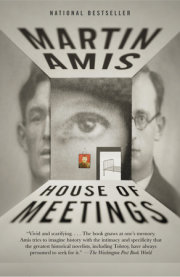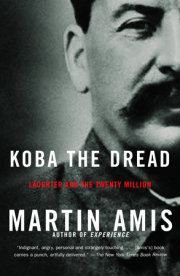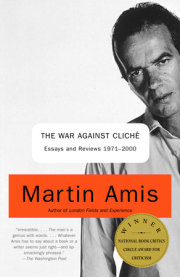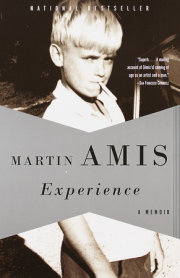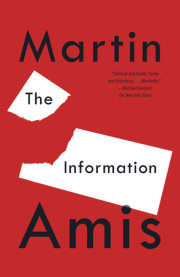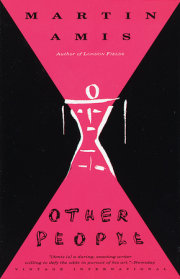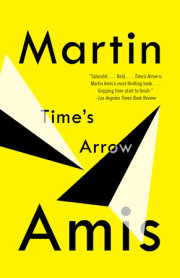3. SZMUL: Sonder
Ihr seit achzen johr, we whisper,
und ihr hott a fach.
Once upon a time there was a king, and the king commissioned his favourite wizard to create a magic mirror. This mirror didn’t show you your reflection. It showed you your soul—it showed you who you really were.
The wizard couldn’t look at it without turning away. The king couldn’t look at it. The courtiers couldn’t look at it. A chestful of treasure was offered to any citizen in this peaceful land who could look at it for sixty seconds without turning away. And no one could.
I find that the KZ is that mirror. The KZ is that mirror, but with one difference. You can’t turn away.
We are of the Sonderkommando, the SK, the Special Squad, and we are the saddest men in the Lager. We are in fact the saddest men in the history of the world. And of all these very sad men I am the saddest. Which is demonstrably, even measurably true. I am by some distance the earliest number, the lowest number—the
oldest number.
As well as being the saddest men who ever lived, we are also the most disgusting. And yet our situation is paradoxical.
It is difficult to see how we can be as disgusting as we unquestionably are when we do no harm.
The case could be made that on balance we do a little good. Still, we are infinitely disgusting, and also infinitely sad.
Nearly all our work is done among the dead, with the heavy scissors, the pliers and mallets, the buckets of petrol refuse, the ladles, the grinders.
Yet we also move among the living. So we say, “
Viens donc, petit marin. Accroche ton costume. Rapelle-toi le numéro. Tu es quatre-vingts trois!” And we say, “
Faites un n’ud avec les lacets, Monsieur. Je vais essayer de trouver un cintre pour vôtre manteau. Astrakhan! C’est noison d’agneaux, n’est-ce pas?”
After a major Aktion we typically receive a fifth of vodka or schnapps, five cigarettes, and a hundred grams of sausage made from bacon, veal, and pork suet. While we are not always sober, we are never hungry and we are never cold, at least not at night. We sleep in the room above the disused crematory (hard by the Monopoly Building), where the sacks of hair are cured.
When he was still with us, my philosophical friend Adam used to say,
We don’t even have the comfort of innocence. I didn’t and I don’t agree. I would still plead not guilty.
A
hero, of course, would
escape and
tell the world. But it is my feeling that the world has known for quite some time. How could it not, given the scale?
There persist three reasons, or excuses, for going on living: first, to bear witness, and, second, to exact mortal vengeance. I am bearing witness; but the magic looking glass does not show me a killer. Or not yet.
Third, and most crucially, we save a life (or prolong a life) at the rate of one per transport. Sometimes none, sometimes, two—an average of one. And 0.01 per cent is not 0.00. They are invariably male youths.
It has to be effected while they’re leaving the train; by the time the lines form for the selection—it’s already too late.
Ihr seit achzen johr alt, we whisper,
und ihr hott a fach.
Sic achtzehn Jahre alt sind, und Sie haben einen Handel. Vous avez dix-huit ans, et vous avez un commerce. You are eighteen years old, and you have a trade.
Copyright © 2014 by Martin Amis. All rights reserved. No part of this excerpt may be reproduced or reprinted without permission in writing from the publisher.





























































































